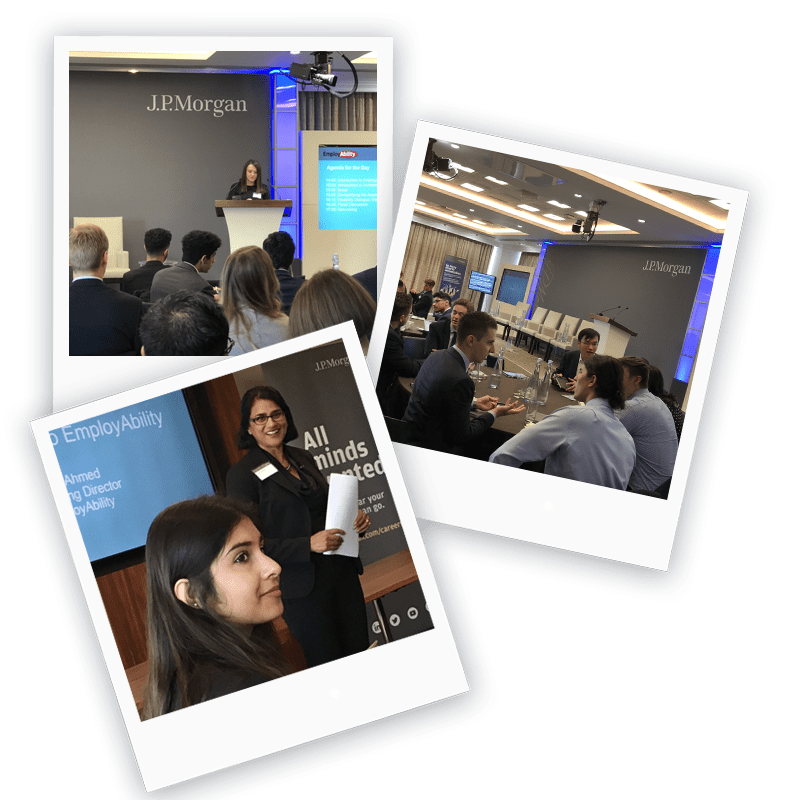Inclusion is an imperative not a choice
Welcoming diversity is about thinking and acting inclusively: best practice beyond compliance
 Next Generation Inclusive Thinking
Next Generation Inclusive Thinking
Solutions for a genuinely disability-inclusive workplace




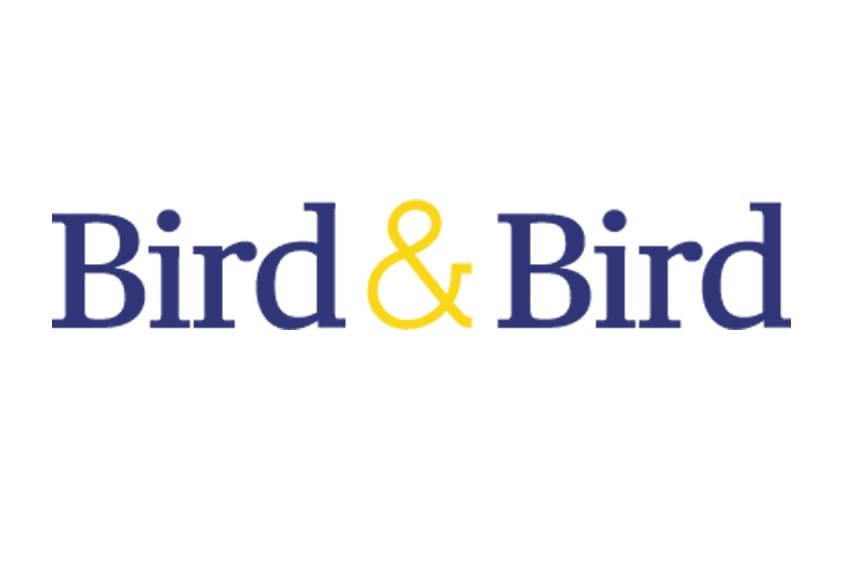



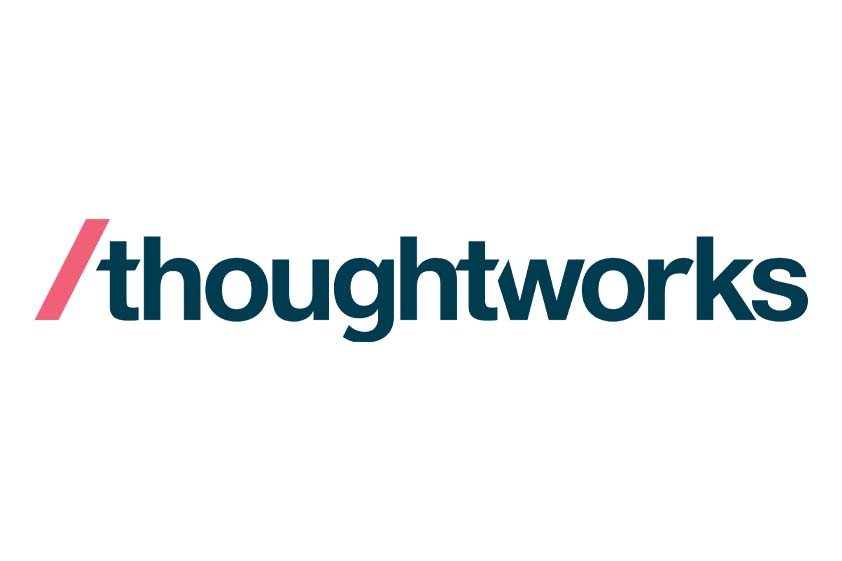

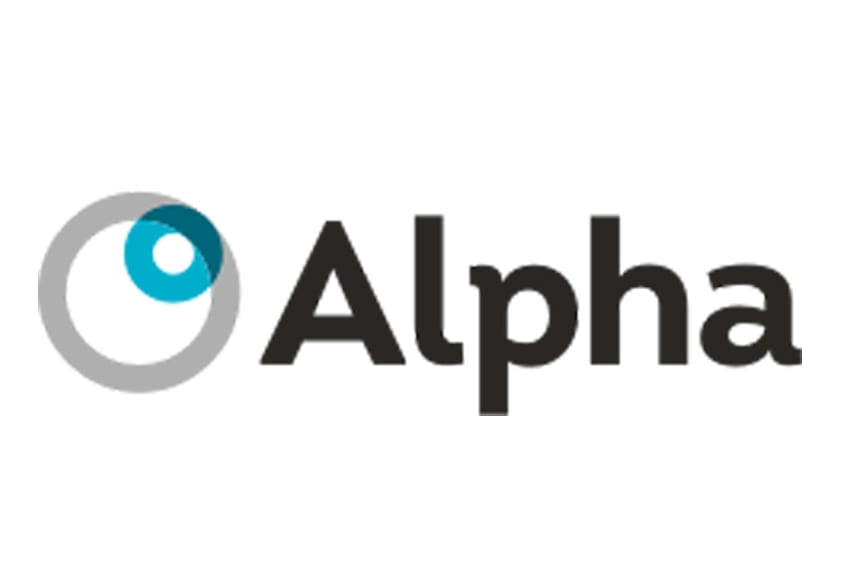
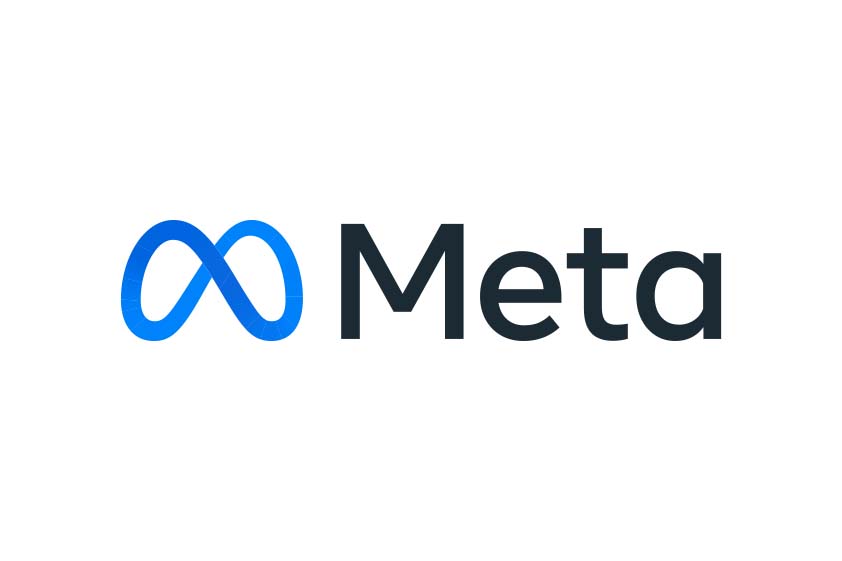




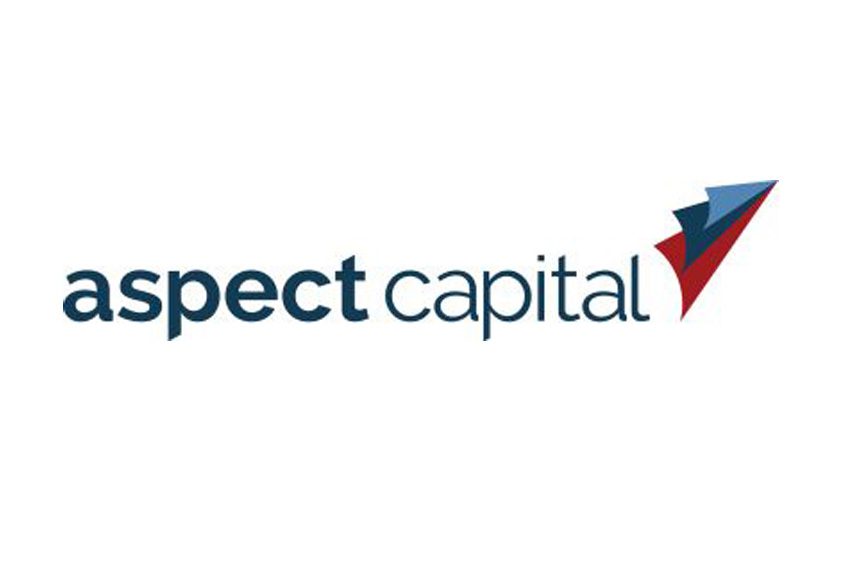



EmployAbility is the leading force for a truly disability-inclusive workplace. We empower companies to put inclusion and belonging at the heart of their culture. Unapologetic in the drive for a level playing field, we empower talented neurodivergent and disabled graduates to build the careers they deserve, and ensure experienced employees can flourish and progress.
We are award winning

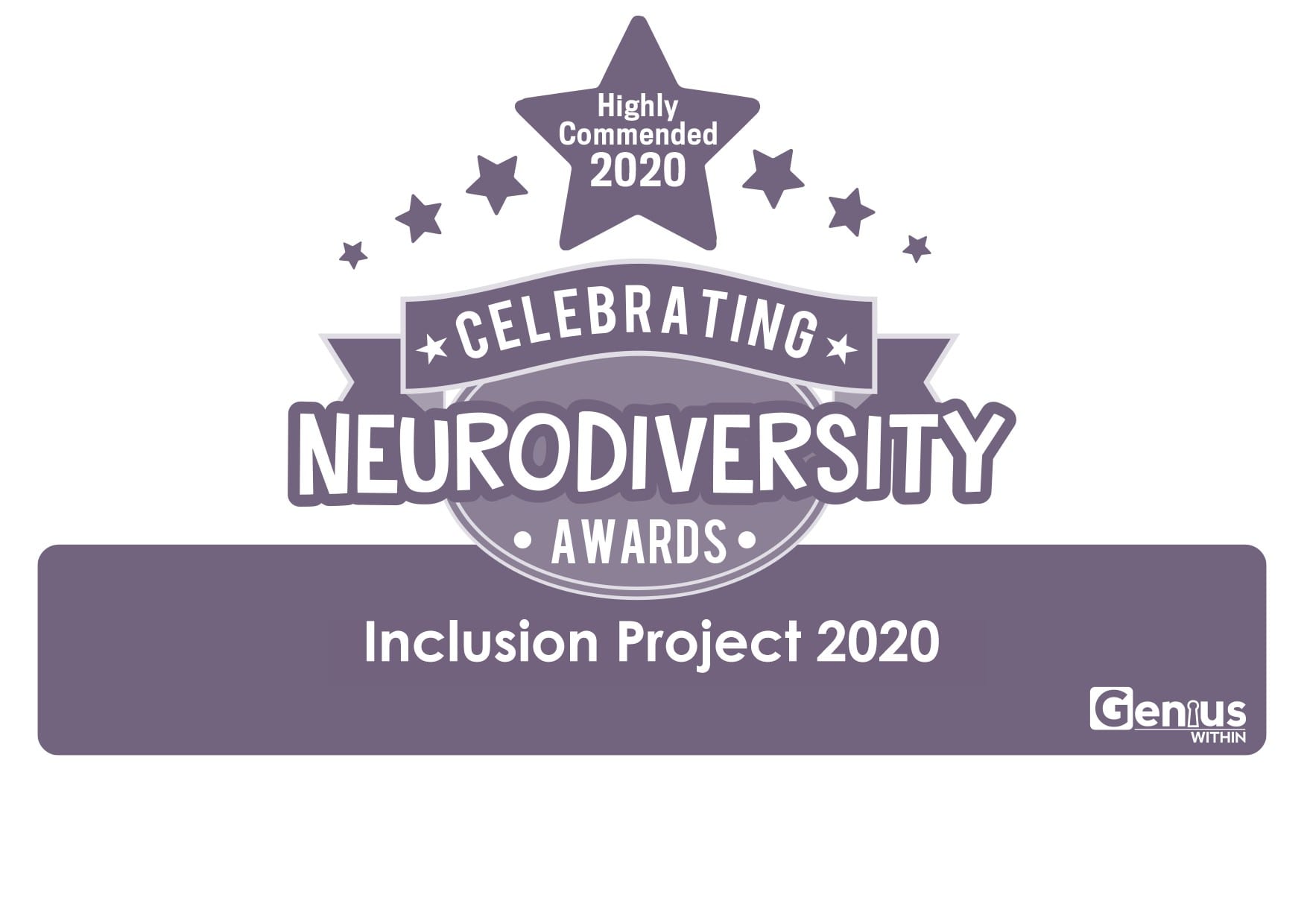
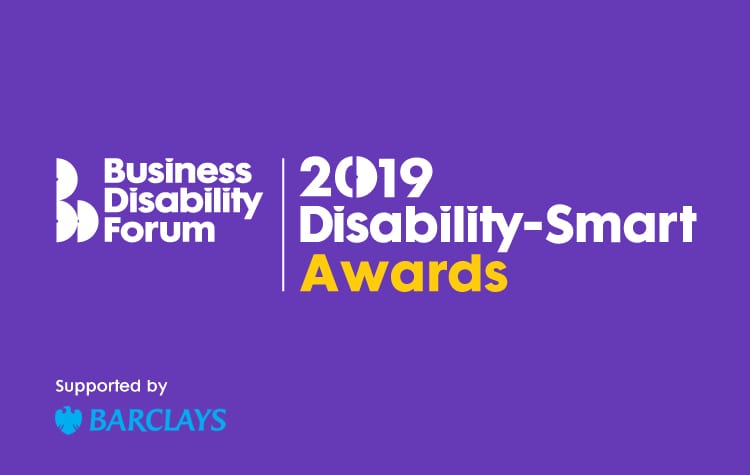
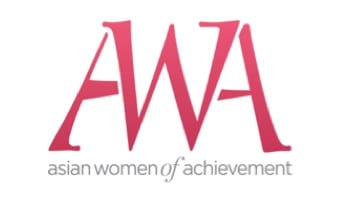
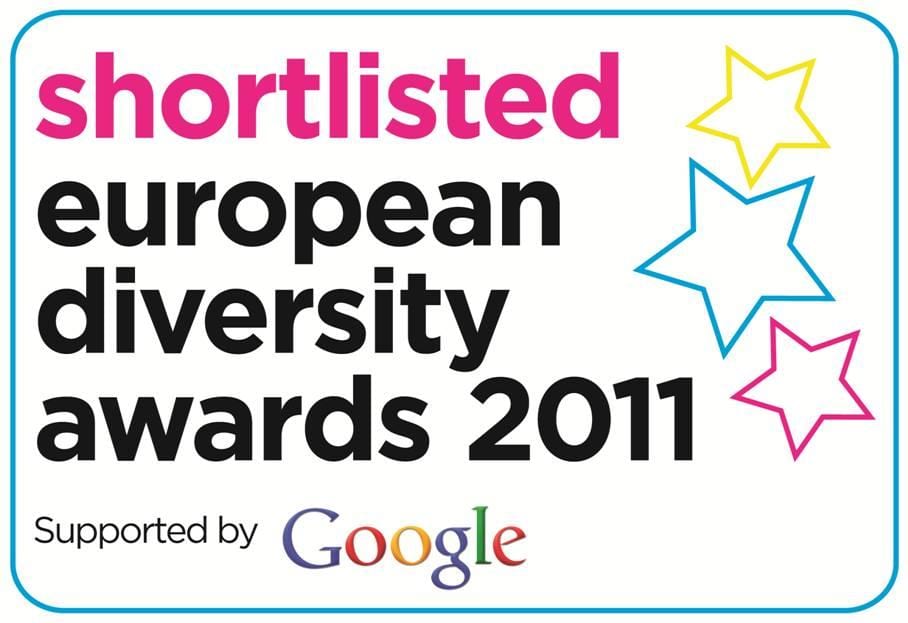
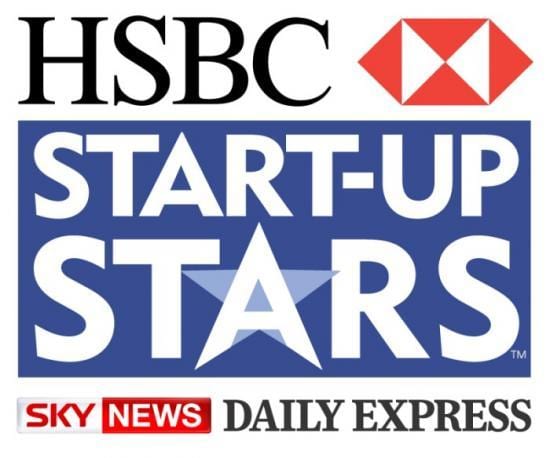
Our services
Next Generation Inclusive Employers
- Inclusion consultancy
- Disability Empowerment Training
- Best practice beyond compliance
- Recruitment process audits
- Adjustments@Work
- Attracting and on-boarding talent
- Internship and graduate programmes
- Recruitment and workplace adjustments advice
Students, Universities and Schools
- Internships and graduate programmes
- Employer Insight Days and networking
- Personalised adjustments advice
- Advocating on your behalf to employers
- EmployAbility Skills Workshops
- Application, CV and interview support
- Disability Empowerment Training for universities
- Inclusive University Partnership Programme
- Inclusive School Partnership Programme
Experienced Professionals
If you are an experienced professional, take a look at opportunities on offer with our Next Generation Inclusive Employer partners.

JOIN US
Be a Next Generation Inclusive Employer
Make diversity and inclusion a reality, create a culture of belonging. Find out how.
CONNECT
Be a Next Generation Inclusive Student
Access a level playing field, know your rights, get the adjustments you need. Register for free support.
GET INVOLVED
Be a Next Generation Inclusive University
Partner with us to better support your students.
Frequently Asked Questions

What is the definition of disability?
The Equality Act 2010 defines a disabled person as someone who has a physical or mental impairment that has a substantial and long-term adverse effect on their ability to perform normal day-to-day activities. A person who falls within this definition is afforded special protection in law. Disability includes physical impairments, sensory impairments, neurodivergence (for example autism, dyslexia, dyspraxia, dyscalculia, dysgraphia and ADHD), mental health and long-term health conditions (such as diabetes, asthma, cancer and HIV).
Please call us for a chat if you're unsure.
What is a "reasonable" adjustment?
It is best practice to assume that a request for an adjustment is reasonable, wherever possible. Whether or not an adjustment is reasonable is an objective test, and can only be decided by an employment tribunal, based on the particulars of the case. This can depend on the size of the organisation and its resources, the impact of a person’s disability and how effective the adjustment would be, and any adjustments already provided.
What are examples of adjustments?
Adjustments come in many forms, and those for the recruitment process may be different from workplace adjustments. Some examples include extra time, information in a different format, adjustments to premises or workstations, flexible hours or place of work, rest breaks, specialist software. However, adjustments must always be based upon the particular needs of the individual and not upon any prescriptive list.
Who bears the cost of adjustments?
Employers must pay for any adjustments. However, there may be financial support available via Access to Work. Most adjustments are relatively inexpensive.
What duties does my organisation have?
Section 20 of the Equality Act 2010 imposes a duty upon an employer to make reasonable adjustments, if the physical features of the work premises or the working arrangements, are the prohibiting factor to a disabled person gaining or staying in employment.
Do I have to tell a prospective employer about my disability?
No. Under section 60 of the Equality Act 2010 an employer cannot ask you whether you have a disability, or any details about it. However, exceptions are where an employer is running a positive action programme, or disability is a qualification for the job, in which case they may ask you. Employers can and should ask what adjustments you need for each stage of the recruitment process. If you want to tell them about your disability, that is your choice. To find out more, watch our webinar Your Rights: Privacy and Adjustments.






